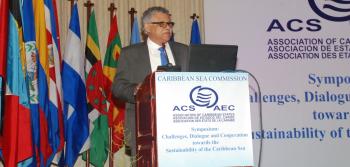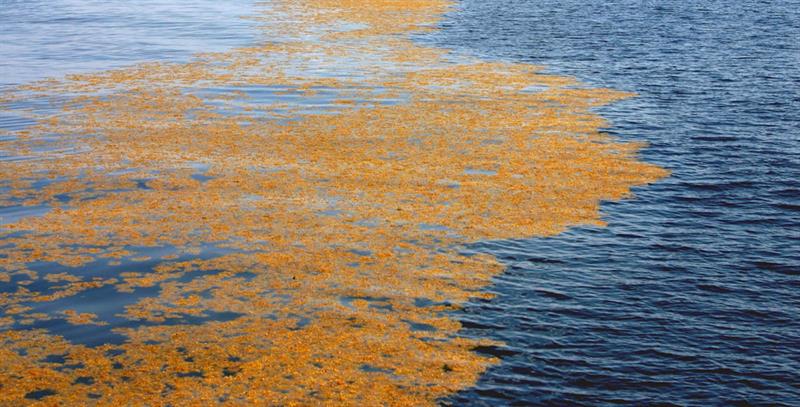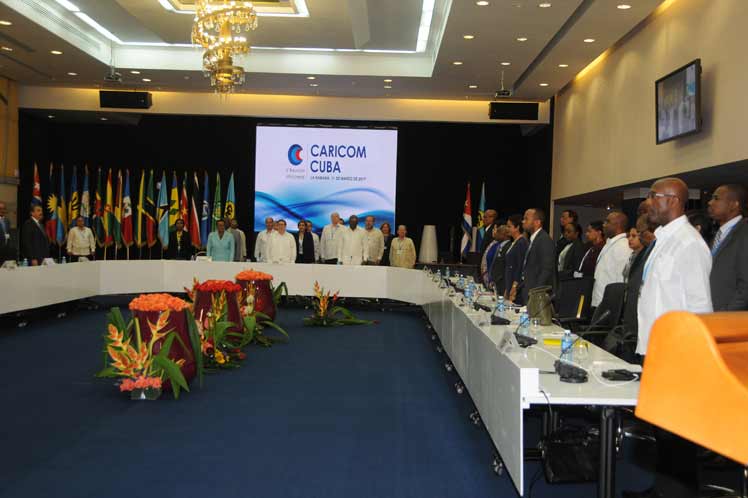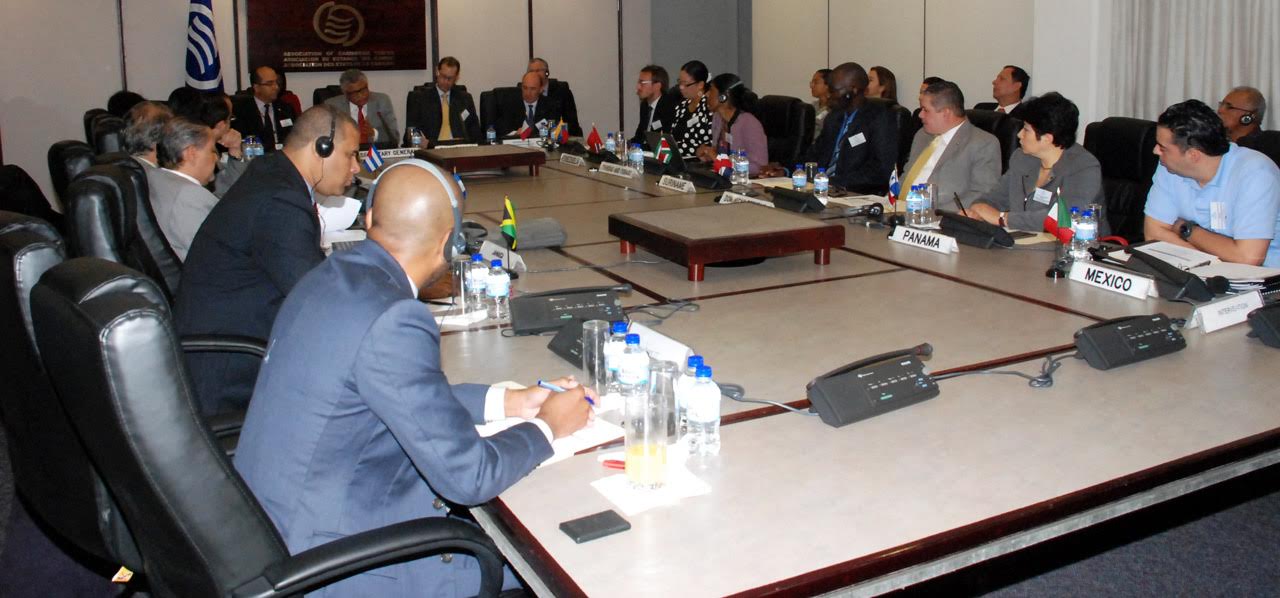As the sense of urgency continues to grow regarding the Caribbean region’s response to the appearance of the sargassum seaweed which litters the nation’s beaches, the Government is very concerned that it is still negatively impacting this country’s economic, social and environmental development.
This, even after the Tobago House of Assembly (THA) spent $5 million to clean up the beaches in the sister isle since the problem first began in August.
Joining hands with the rest of the region to tackle what she described as a “grave problem,” the acting permanent secretary in Ministry of Foreign Affairs, Frances Seignoret, said yesterday it had “deep, far-reaching implications for all citizens.”
.jpg)
She made the statement as she responded to questions by reporters after the official opening of a two-day symposium, titled Challenges, Dialogue and Cooperation towards the Sustainability of the Caribbean Sea, at the Radisson Hotel, Port-of-Spain.
Hosted by the Association of Caribbean States (ACS), the Caribbean Sea Commission (CSC) highlighted three critical areas they believe needs to be addressed immediately if the region was to move forward, including the appearance of the sargassum seaweed; the overpopulation of the lion-fish which is threatening coral reefs and other sea-going species; and coastal erosion.
Delivering opening remarks on behalf of Foreign Affairs Minister Dennis Moses, who is currently in Malta with Prime Minister Dr Keith Rowley at the Commonwealth Heads of Government Meeting, Seignoret said while it was imperative for both man and nature to co-exist, there had to be a balanced and harmonious relationship.
Acknowledging the negative impact these problems were having on the tourism industry, as well as the fishing industry and the health risks posed to humans, Seignoret cited rising ocean temperatures and changing current patterns as the reason behind the proliferation of the seaweed.
ACS secretary general Alfonso Munera Cavadia hopes the symposium will be able to aid in the development of specific strategies that can be accomplished during 2015 to 2018, and which will have a tangible impact on the problems listed.
Anna-Lisa Paul | http://www.guardian.co.tt/






